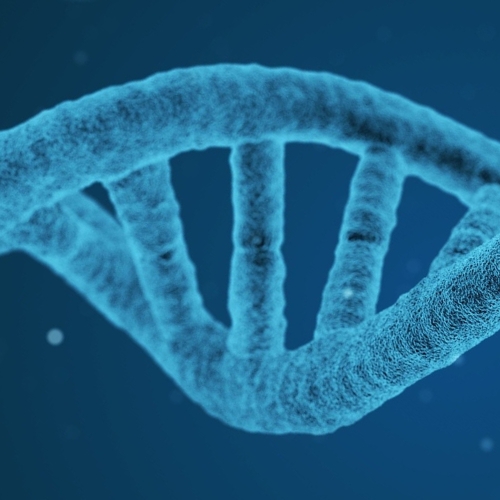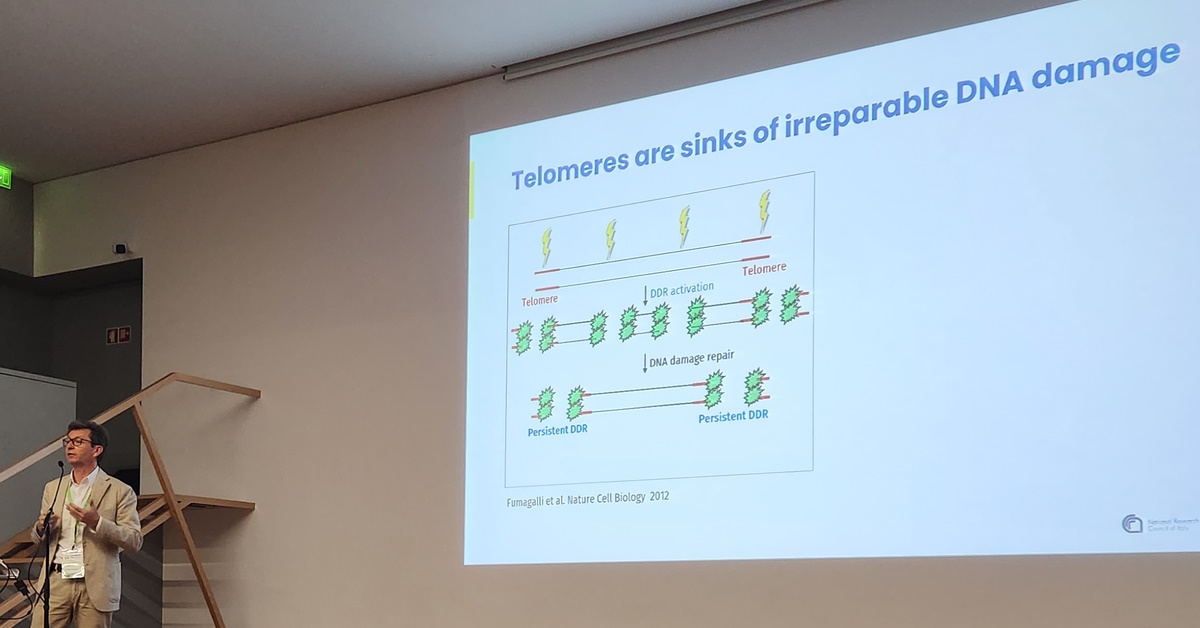Ageing is a significant risk factor for various diseases, including cancer, and is associated with cellular dysfunction and chronic inflammation.
Senescent cells, which cannot proliferate, start secreting chemicals and pro-inflammatory cytokines, contributing to a state of inflammation and disease susceptibility.
The loss of cell homeostasis and the accumulation of DNA damage are believed to contribute to ageing and disease.
While DNA damage can be repaired, damage occurring in telomeres, the ends of linear chromosomes, is often not repaired due to evolutionary constraints.
Telomeres, when too short or damaged, activate the DNA damage response and lead to cellular dysfunction.
In mouse models with telomerase inactivation, treating them with antisense oligonucleotides resulted in the inactivation of DNA damage response and halted fibrosis progression.
Ongoing research involves studying various cell types in the bone marrow and spleen to understand the long-term consequences of telomere-related treatments.






